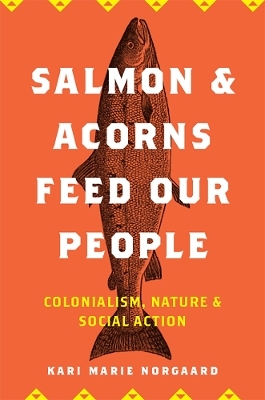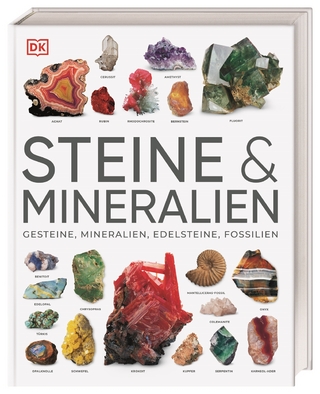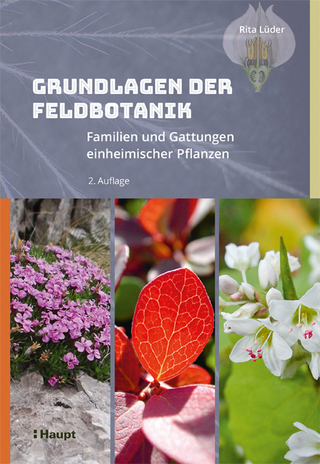
Salmon and Acorns Feed Our People
Rutgers University Press (Verlag)
978-0-8135-8420-1 (ISBN)
Finalist for the 2020 C. Wright Mills Award from the Society for the Study of Social Problems
Since time before memory, large numbers of salmon have made their way up and down the Klamath River. Indigenous management enabled the ecological abundance that formed the basis of capitalist wealth across North America. These activities on the landscape continue today, although they are often the site of intense political struggle. Not only has the magnitude of Native American genocide been of remarkable little sociological focus, the fact that this genocide has been coupled with a reorganization of the natural world represents a substantial theoretical void. Whereas much attention has (rightfully) focused on the structuring of capitalism, racism and patriarchy, few sociologists have attended to the ongoing process of North American colonialism. Salmon and Acorns Feed Our People draws upon nearly two decades of examples and insight from Karuk experiences on the Klamath River to illustrate how the ecological dynamics of settler-colonialism are essential for theorizing gender, race and social power today.
DR. KARI MARIE NORGAARD (non-Native Professor of Sociology/Environmental Studies at University of Oregon) has engaged in environmental justice policy work with the Karuk Tribe since 2003. Norgaard is author of Living in Denial: Climate Change, Emotions and Everyday Life and other publications on gender, race, and the sociology of emotions.
Introduction
One: Mutual Constructions of Race and Nature on the Klamath
Two: Ecological Dynamics of Settler Colonialism: Smokey Bear and Fire Suppression as Colonial Violence
Three: Research as Resistance: Food, Relationships and the Links Between Environmental and Human Health
Four: Environmental Decline and Changing Gender Practices:
What Happens to Karuk Masculinity When There Are No Fish? What Happens to Karuk Femininity When There Are No Acorns?
Five: Emotions of Environmental Decline:
Karuk Cosmologies, Emotions and Environmental Justice
Conclusion: Climate Change as a Strategic Opportunity?
Methodological Appendix
Acknowledgements
Bibliography
| Erscheinungsdatum | 01.10.2019 |
|---|---|
| Reihe/Serie | Nature, Society, and Culture |
| Zusatzinfo | 14 b-w images |
| Verlagsort | New Brunswick NJ |
| Sprache | englisch |
| Maße | 152 x 229 mm |
| Gewicht | 567 g |
| Themenwelt | Sachbuch/Ratgeber ► Natur / Technik ► Natur / Ökologie |
| Naturwissenschaften ► Geowissenschaften ► Hydrologie / Ozeanografie | |
| Sozialwissenschaften ► Ethnologie | |
| Sozialwissenschaften ► Soziologie | |
| Weitere Fachgebiete ► Land- / Forstwirtschaft / Fischerei | |
| ISBN-10 | 0-8135-8420-5 / 0813584205 |
| ISBN-13 | 978-0-8135-8420-1 / 9780813584201 |
| Zustand | Neuware |
| Haben Sie eine Frage zum Produkt? |
aus dem Bereich


